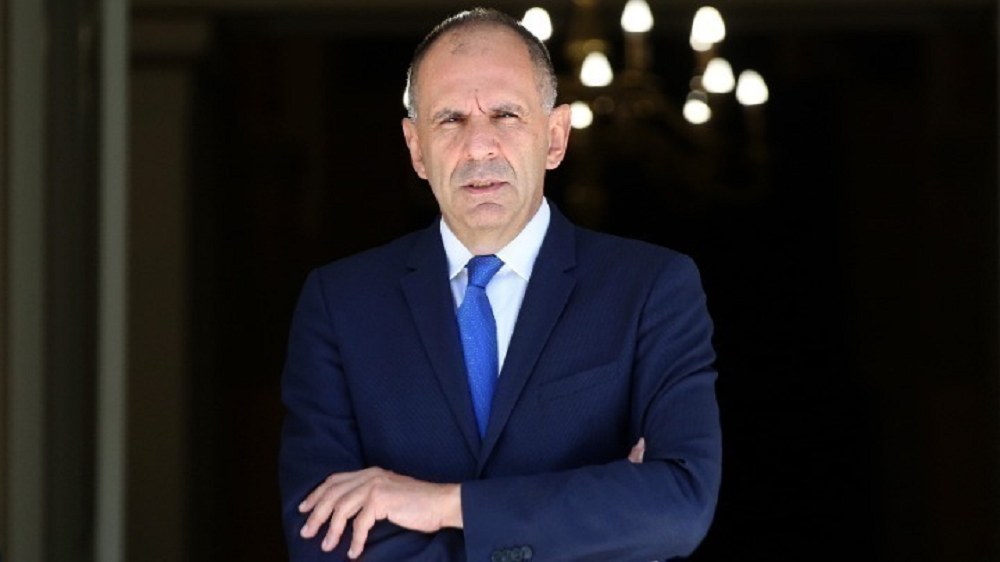
Germany: Deaf to the Debt Crisis?
Angela Merkel and Wolfgang Schauble are engaged in a pre-election struggle to convince their voters, along with the world’s markets, that Greece’s debt will not require a new haircut. The German chancellor recently reiterated that she “see[s] no haircut for Greece” while her Finance Minister repeated his government’s objection to any further slashing of the Greek debt as, he stressed “Greece… hasn’t crossed the mountain yet.”
However, in a campaign speech in Ahrensburg that created a storm of protest from opposition parties, the powerful Schauble, who sets the tone for all eurozone decisions, was forced to admit that a third bailout package will be needed for the long-suffering country.
In an interview with the Dortmund daily, Ruhr Nachrichten, Ms. Merkel explained, “I do not see a new haircut for Greece. We take one step at a time and we can not hide that many things need to change in Greece but, on the other hand, we see clear progress and recognize it. In some areas, the situation is much better than it was a year ago.”
The reality, however, is that the nation is suffocating. The economy continues to deteriorate, devastated by an endless recession, well into its fourth year, that has seen unemployment rocket towards 30 percent for the population at large and 60 percent for those under 25 and buried under a growing mountain of debt that has reached an astronomically unsustainable 170 percent of GDP.
The banking sector continues to flounder with the Bank of Greece reporting that non-performing loans are still growing, amounting to 63.4 billion euros or an incredible 27.8 percent of all those outstanding in the latest (March 2013) quarter. Many mergers and asset fire sales have been forced on the sector and key recapitalizations have been completed but a weak business climate and continued pressure on assets means that new capital injections will more than likely be required soon.
Regardless, Andrea Merkel and Wolfgang Schauble continue to insist that they will not be party to another Greek haircut. However, new scenarios emanating from Washington suggest that post-election Berlin, under intense pressure from the IMF, will be forced to choose among the following options or a combination of them, given the non-viability of the Greek debt:
1) a debt repayment schedule that will be pushed all the way back to 2060 with an interim moratorium on payments in the hope that the country can grow its economy;
2) a haircut or ‘taxing’ of all Greek bank deposits above 100,000 euros as was forced on Cypriots earlier this year;
3) a second Greek debt ‘write-down,’ perhaps one even larger than the first haircut of 100 billion euros that was implemented in October 2011.
Will the Germans opt for the second option, thereby enabling the government to demonstrate that it is the Greeks that are paying, at least in part, their own way and not depending on German taxpayers to foot the bill?
Whichever route is to be followed, it will become clear later this September, soon after the German elections. The one solution that is unacceptable, however, is that of Germany’s longstanding insistence that Greece’s debt can become viable with deeper and deeper austerity measures, an experiment that has left scars in the country which will take generations to heal.
http://www.huffingtonpost.com/justine-frangouliargyris/germany_b_3803850.html

